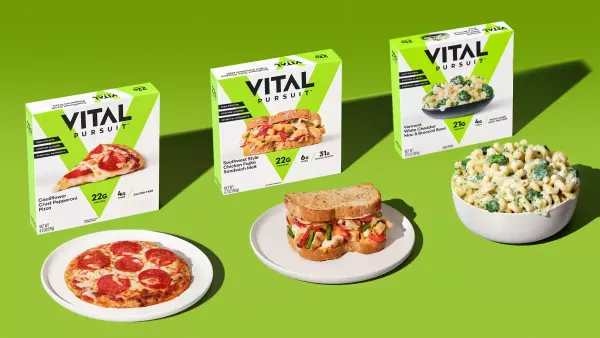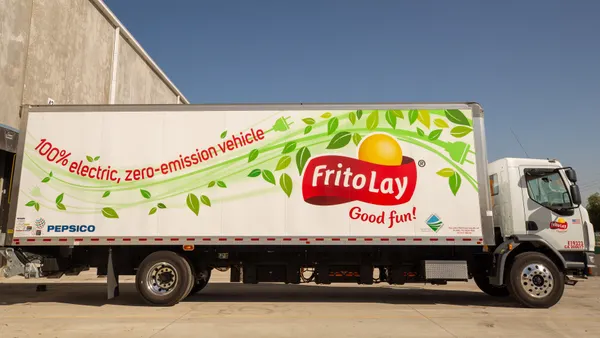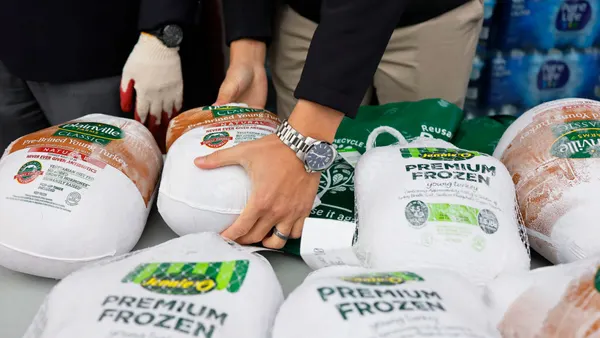Dive Brief:
- A provision in the farm bill, passed by the U.S. House of Represenatives, will make industrial hemp cultivation legal in the U.S.
- Hemp is an ingredient in food and beverage products including granola bars and nutritional additives for milk and cooking oil, and hemp oils are touted for their vitamin A, C, E, beta carotene, protein, carbohydrate, minerals, and fiber content.
- Since hemp's ban under the 1970 Controlled Substance Act, companies have had to import hemp fabrics, seeds, hearts, and hurd, though growing the plant is legal in Colorado, Washington, California, Kentucky, Maine, Montana, North Dakota, Oregon, Vermont, and West Virginia.
Dive Insight:
This is a big win for the food and beverage industry, as the biggest growth area for hemp sales, projected at $500 million in 2013, over the last decade has been seeds and oil — both of which are ingredients in a number of food products.
While a big focus of this legalization will likely be on the academic and agricultural research that universities and state departments of agriculture can now legally undertake, the plant's health benefits are likely to make it a candidate for further food and beverage use. Aside from the qualities mentioned in the above summary, the plant is also reported to contain sterols, aliphatic alcohols, and linolenic acids. It's not hard to imagine the healthy foods crowd being particularly interested in more foods containing the plant.













